Mpox (monkeypox) is a viral disease caused by the monkeypox virus, a species of the genus Orthopoxvirus. The Mpox occurrence and symptoms:
Overall Occurrence
- In 2022–2023, a global outbreak of Mpox occurred due to a strain known as clade IIb.
- The overall incidence of Mpox in the United States during this period was 13.5 per 100,000 persons aged 15–64 years, peaking in August.
- Incidence among Black or African American and Hispanic or Latino persons was higher than among White persons 12.
Symptoms and Signs
Common symptoms of Mpox include:
- Rash: A painful rash or mucosal lesions that can last 2–4 weeks.
- Fever
- Sore throat
- Headache
- Muscle aches
- Back pain
- Low energy
- Swollen lymph nodes
Remember, early detection, regular testing, and safe practices are essential for maintaining health.
Mpox Test
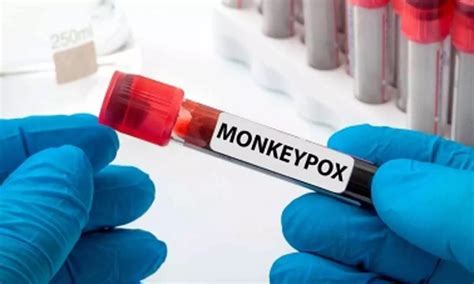
Infection Prevention and Control (IPC) Advice
Practical advice to avoid catching or spreading MPXV when on holiday, follow the advice below:
Awareness and Pre-Travel Preparation:
- Stay Informed: Before your trip, research the current situation in the specific region you're visiting.
- Check official health advisories and updates from local health authorities, as well as international organisations like the World Health Organisation (WHO) and the European Centre for Disease Prevention and Control (ECDC).
Travel Insurance
Consider travel insurance that covers medical emergencies and evacuation. It's always better to be prepared.
Personal Protection Measures
- Avoid Contact with Infected Individuals
- Social Distancing: Maintain distance from anyone showing symptoms of Mpox (fever, rash, swollen lymph nodes, etc.).
- Avoid Close Physical Contact: Refrain from hugging, kissing, or engaging in sexual activities with potentially infected individuals.
Hand Hygiene

- Frequent Handwashing: Wash your hands thoroughly with soap and water for at least 20 seconds, especially after touching surfaces or coming into contact with others.
- Hand Sanitiser: Carry alcohol-based hand sanitiser for situations where soap and water are not readily available.
- Avoid Touching Your Face: The virus can enter your body through mucous membranes (eyes, nose, mouth). Be mindful not to touch your face without clean hands.
- Avoid Animal Contact: Monkeypox is zoonotic (transmitted from animals to humans). Avoid handling animals, especially rodents or primates.
Safe Sexual Practices

Best to take a break from all actions that will increase your risk of exposure
- Condom Use: If you engage in sexual activities, use condoms consistently and correctly. Using Condoms will not only help prevent Mpox but also other sexually transmitted infections (STIs).
- Limit Partners: Reduce the number of sexual partners during your trip. Fewer partners mean lower exposure risk.
- Regular Testing: Consider getting tested for STIs before and after your trip. Early detection and treatment are crucial.
- Informed Choice: Always inform your sexual encounters about your status.
Holiday Healthcare Facilities
While on Holiday, know the location of the hospital, in case of symptoms, visit a doctor or hospital immediately.
Emergency Contacts: Save emergency contact numbers for local health services, including the nearest hospital and clinics.
Enjoy your holiday but prioritise your health and safety!
To protect yourself from Mpox (monkeypox), follow these steps:
Get Vaccinated
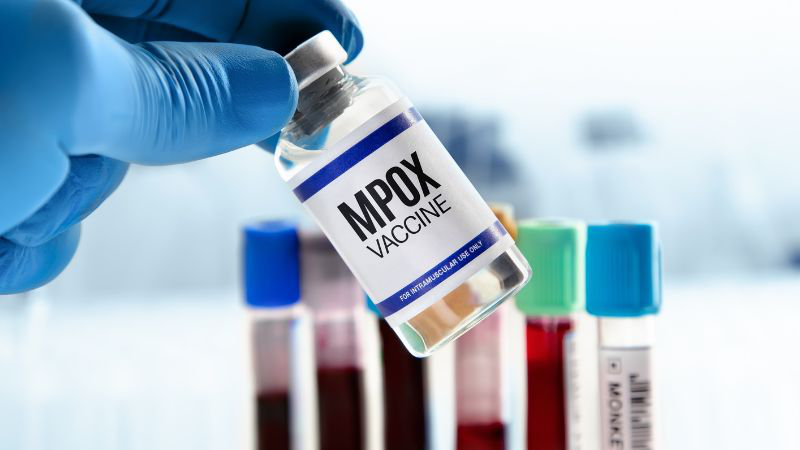
- Speak to your GP about Mpox vaccination and advice under the NHS in the UK. If you are outside the UK JYNNEOS vaccine is recommended for Mpox prevention. Getting both doses provides the best protection.
- You should get two doses 4 weeks apart. Even if it has been longer than 4 weeks since you got the first vaccine dose, get the second dose as soon as possible.
- If you previously recovered from Mpox, you do not need the vaccine.
Lower Risk During Close Contact
- If you haven’t received your two-dose vaccine yet, consider temporarily changing activities that involve close personal contact (such as sex).
- Avoid environments like raves, parties, or clubs where there is minimal clothing and direct, skin-to-skin contact.
- Minimise skin-to-skin contact with others.
Avoid Contact with Rash and Scabs
- Do not touch the rash or scabs of a person with Mpox.
- Avoid kissing, hugging, cuddling, or having sex with someone with Mpox.
- In areas where Mpox is endemic (found naturally), avoid contact with animals that can carry the monkeypox virus, such as rodents and primates.
Avoid Shared Objects and Materials
- Do not share eating utensils or cups with a person with Mpox.
- Avoid handling or touching the bedding, towels, or clothing of a person with Mpox.
- Follow proper cleaning and disinfection procedures if you or someone you live with has Mpox.
Practice Good Hand Hygiene
- Wash your hands often with soap and water, especially before eating or touching your face.
- Handwashing is one of the best ways to protect yourself and others from getting sick.
Monitor Symptoms
- Watch for symptoms of Mpox for 21 days from the date of your last exposure.
- If you have symptoms, such as a rash, visit a healthcare provider promptly.
Remember, early detection and preventive measures are essential for maintaining health.
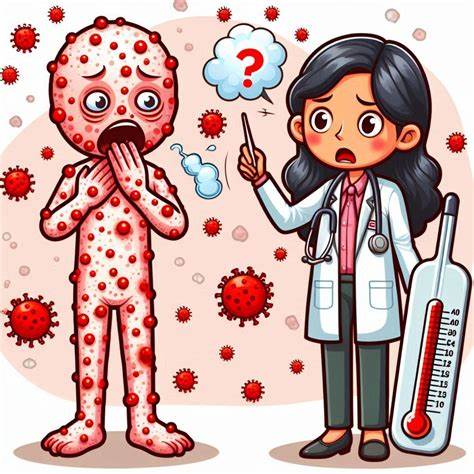
Got Mpox symptoms?
Fever, headache, rash, swollen lymph nodes other queries. If you think you are experiencing these symptoms, seek medical attention promptly.
Mpox Outbreak in the African Regions
African Surge in Mpox Cases
The African region has been grappling with an unprecedented surge in Mpox cases since the beginning of 2024. Previously unaffected countries are now reporting cases, and the virus is spreading across borders. Here are some key points:
Affected Countries: Fifteen African countries are currently reporting Mpox outbreaks. These include countries that were previously untouched by the disease, such as Burundi, Kenya, Rwanda, and Uganda.
Case Numbers: So far this year, there have been 2030 confirmed Mpox cases and 13 deaths in Africa. This is a significant increase compared to 2023, which saw 1145 cases and seven deaths.
New Variant: The Democratic Republic of the Congo (DRC) is at the epicentre of the outbreak, accounting for over 90% of reported cases. A new variant emerged in September 2023 and is now circulating in the eastern region of the DRC. Neighbouring countries like Rwanda and Uganda have also reported cases of this new variant, known as - clade 1b.
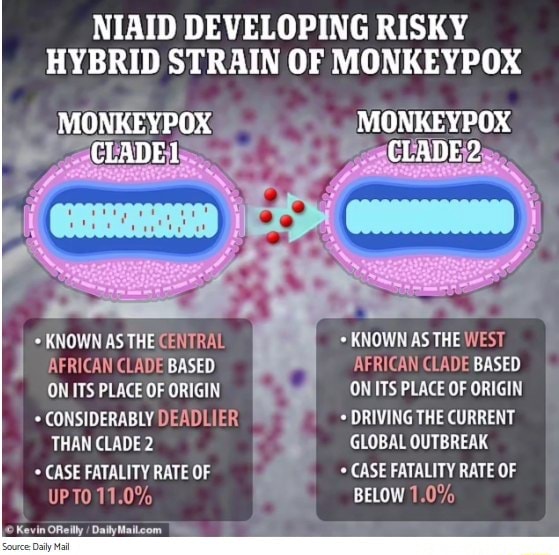
Clade 1b: The Menacing Variant
Transmission Routes: Clade 1b Mpox is spreading through sexual contact and high population movement. In South Africa, most cases are among individuals identifying as men who have sex with men.
Global Concern: The World Health Organization (WHO) has elevated the Mpox outbreak response to the highest level, necessitating organization-wide mobilization. WHO Director-General Dr. Tedros Adhanom Ghebreyesus has even called for an emergency committee of experts to assess whether this outbreak constitutes a Public Health Emergency of International Concern.
Response Efforts: WHO is working closely with partners, including the Africa Centres for Disease Control and Prevention, to strengthen outbreak control measures. The focus is on disease surveillance, diagnosis, clinical care, and community awareness⁴.
Mpox in Europe and the UK
The Mpox outbreak is a global concern, with Africa facing a significant surge in cases and Europe closely monitoring the situation. Vigilance, awareness, and international collaboration are crucial in containing this viral threat. Stay informed, and let's hope for swift and effective responses to protect global health!
First Case in Europe (Sweden)
Sweden recently reported the first case of clade 1b Mpox in Europe. This variant, which emerged in the DRC, has now spread to neighbouring countries and beyond. The risk of further transmission remains a concern
Other European countries are on high alert, closely monitoring any potential cases.
Got Health Questions?
If you have any other questions or need further advice, feel free to ask in the community zones.

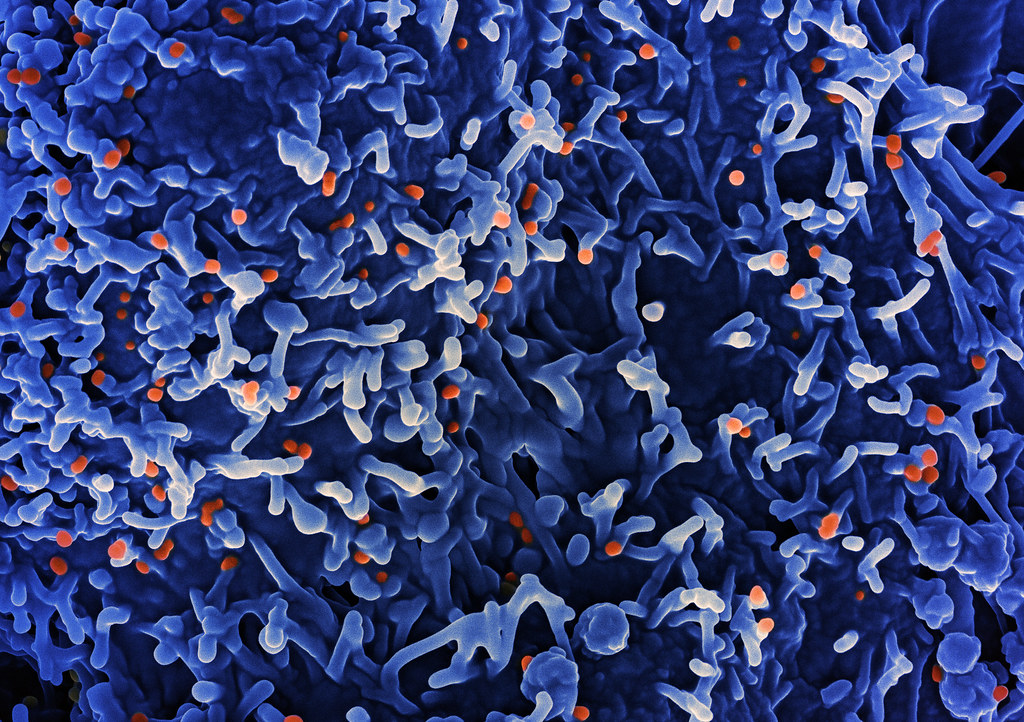

















Comments